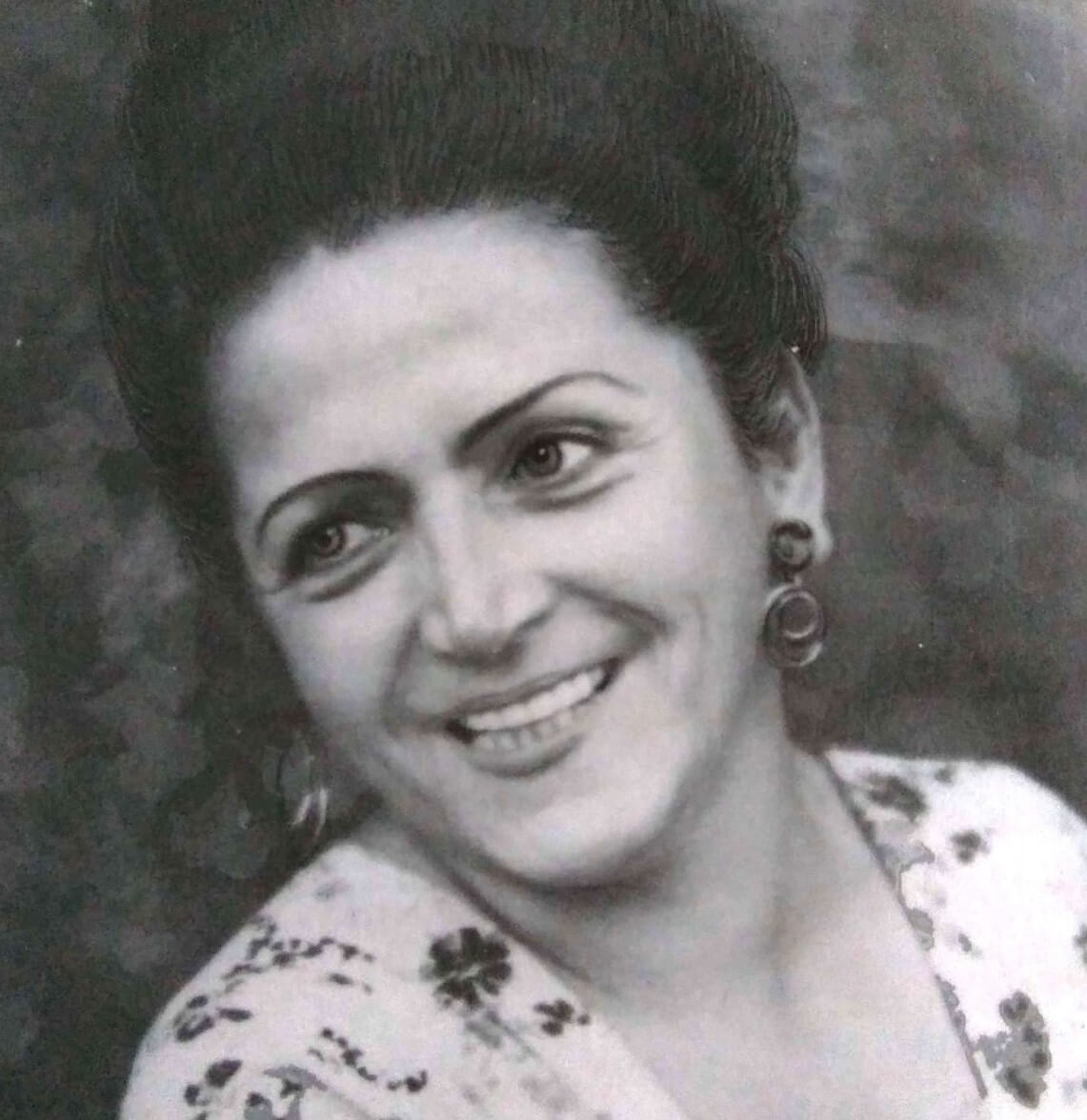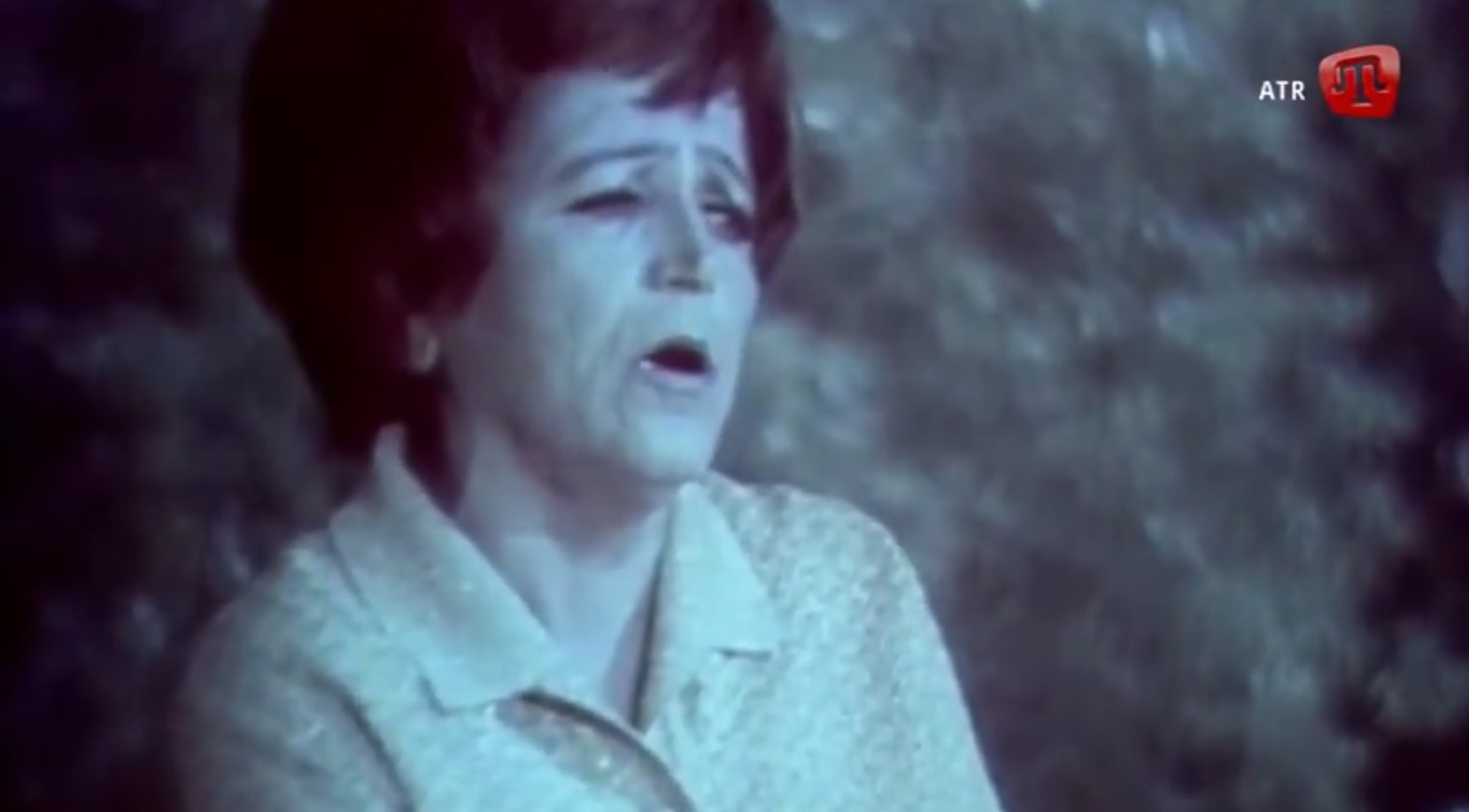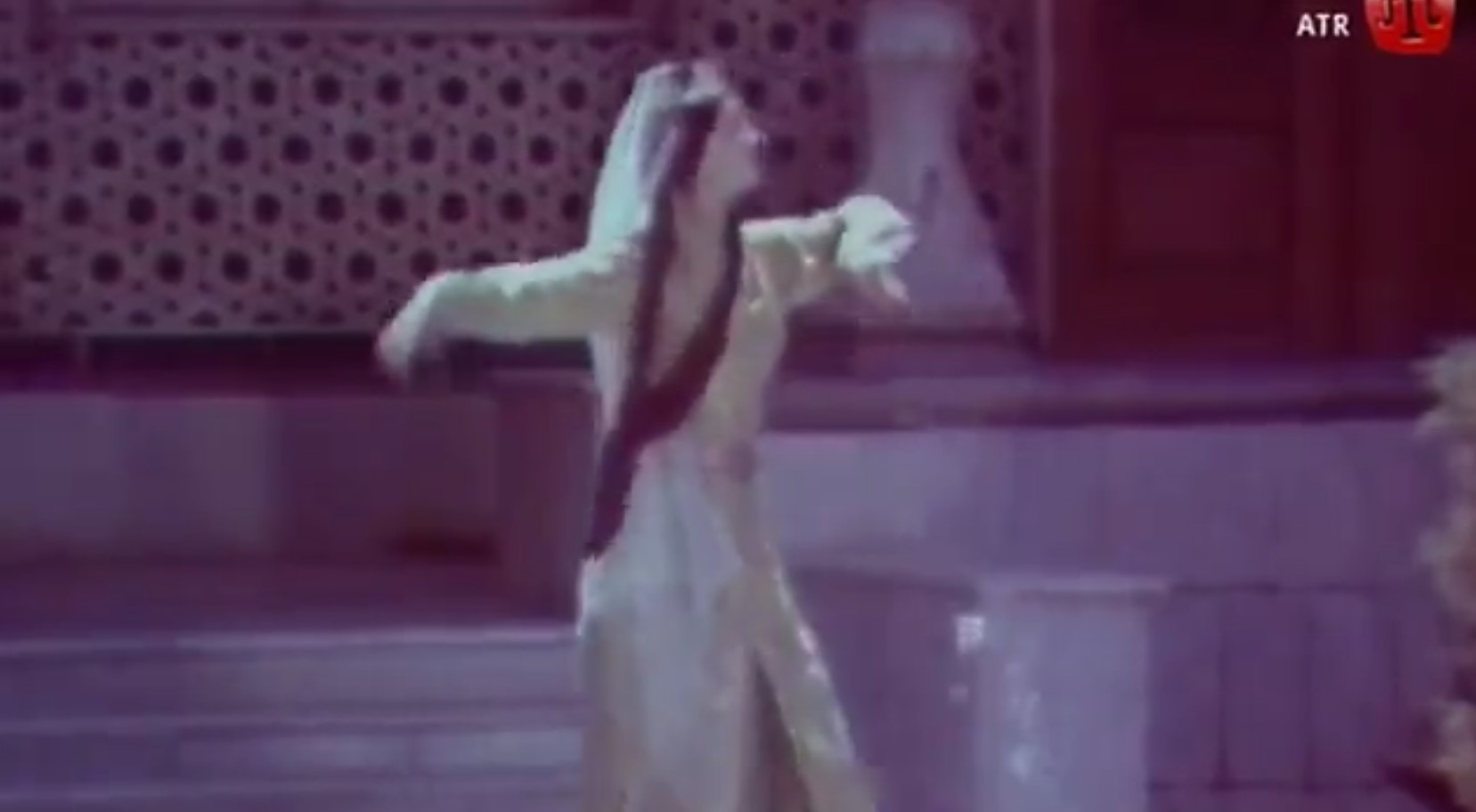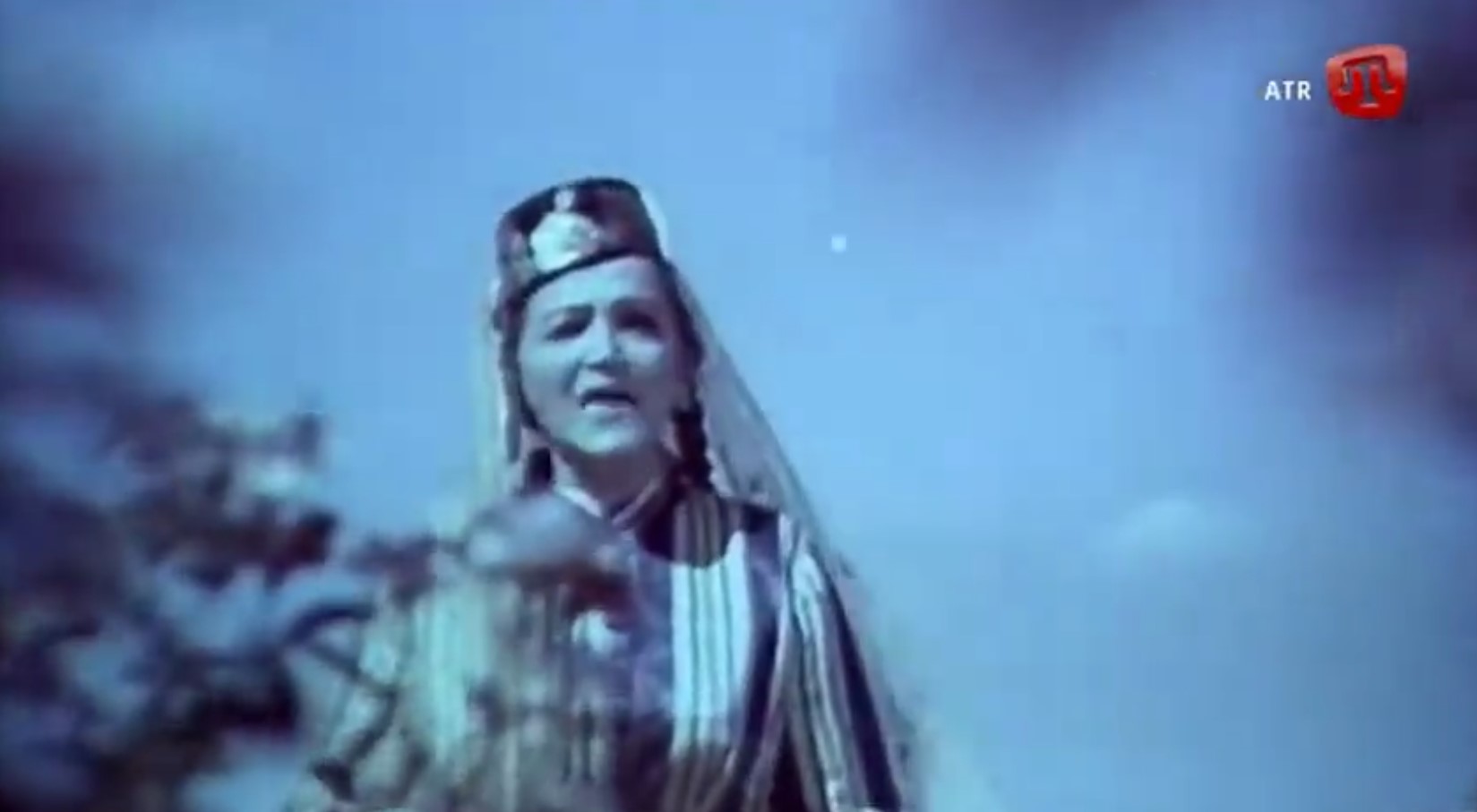Biography - Sabrie Eredzhepova
SABRIE EREDZHEPOVA
Biography
About artist
Sabrie Eredzhepova is a Crimean Tatar singer, Honored Artist of the Crimean Autonomous Soviet Socialist Republic, Honored Artist of the Uzbek SSR.
She was born on July 12, 1912 in Bakhchisarai in the family of teacher Kerim Dzhemilev and poetess Saide-khanum. Mother had an incredibly beautiful voice, which was inherited by Sabrie. Parents instilled in the girl a love for and interest in Crimean Tatar music and folklore.
After graduating from elementary school, she continued her studies at Simferopol exemplary nine-year school. One of the teachers of the young singer was philologist and historian Osman Akchokrakly.
At the age of 16, she first performed on stage as part of a choir at the anniversary of actress Sara Baikina in 1928. She studied singing with famous teacher Varvara Khanbekova, who was an expert on Crimean Tatar music.
After leaving school, Sabrie Eredzhepova taught at a school in the village of Tav-Bodrak.
Since 1932, the young singer performed on the Crimean radio with a repertoire of folk songs, working with the stars of the Crimean Tatar culture - Edie Topchi, Zeynep Lyumanova, Yaya Sherfedinov.
In 1935 she was invited to dub the film "Zaporozhets beyond the Danube"; she sang off-screen songs "Medzhbur oldym" ("Under duress") and "Pengerelen kar gelir" ("Snow is falling outside the window").
While working on the Crimean radio committee, she received immense help from Refatov family of musicians. Reshat Refatov was the music editor of the radio committee and developed Eredzhepova's talent in every possible way.
In 1939 the singer took part in the I all-union pop music contest in Moscow with the song "Nogay beitleri" ("Nogai chastushki (sung couplets)"), after which the chairman of the jury, Isaak Dunaevsky, had to calm down the audience, who asked the singer to give an encore. Sabrie Eredzhepova was awarded the diploma "Talented young singer".
In 1940 Sabrie Eredzhepova was awarded the title of Honored Artist of the Crimean Autonomous Soviet Socialist Republic.
Until 1943, she gave concerts at the front and in hospitals as part of the propaganda team of Crimean State Crimean Tatar Drama Theater, and during the years of occupation, as a soloist of the Crimean radio committee, she became a member of this theater and performed on its stage in Simferopol.
In 1943 the troupe of the theater was taken by the Germans to Romania, where they could hardly earn a living. At that time, in the homeland, people like her were considered as traitors. In 1944, the artist, like the entire Crimean Tatar people, was unjustly deported from Crimea to Central Asia, where on September 15, 1950 she was sentenced to 25 years in camps for staying on the territory of the enemy country during the war. After Stalin's death and the 20th Party Congress, on March 12, 1956, the case was dismissed for lack of corpus delicti, and she was released.
In 1957, after the status “special settlers without the right to return to their homeland” was removed from Crimean Tatars, the Crimean Tatar song and dance ensemble “Khaitarma” was formed in Tashkent, headed by composer Ilyas Bakhshish. Sabrie Eredzhepova became a soloist of the ensemble, and in 1966 she was awarded the honorary title of Honored Artist of the Uzbek SSR.
The performer wrote the book "My thorny roads" about her life, creative path, and people she met along the way.
Sabrie Eredzhepova died on September 18, 1977 and was buried in Tashkent.


-min.jpg)
-min.jpg)
-min.jpg)



.jpg)
.jpg)
.jpg)